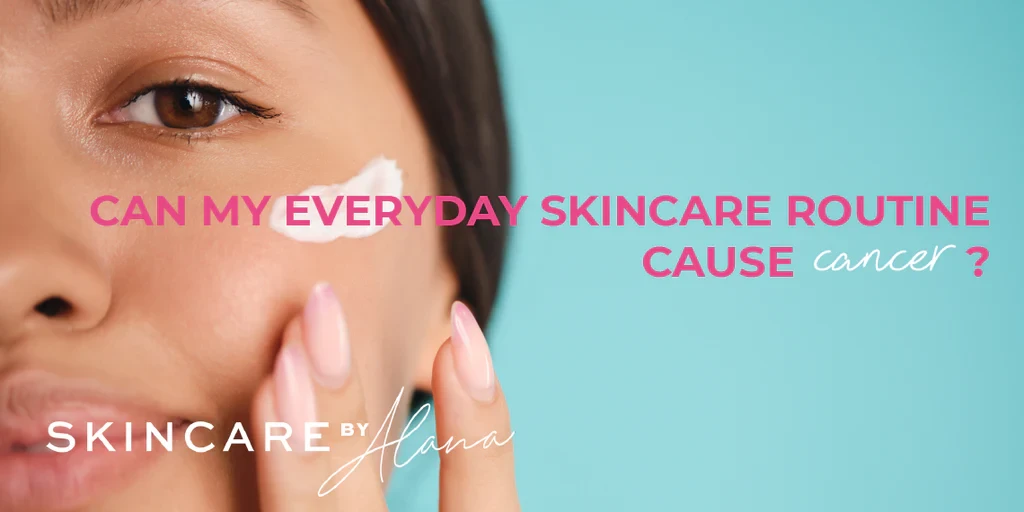Can skincare products cause cancer
The question of whether skincare products can cause cancer is complex and has been the subject of scientific study and public debate for many years. While most skincare products are considered safe when used as directed, certain ingredients have raised concerns due to their potential carcinogenic properties. It's important to understand that not all skincare products are harmful, but awareness of specific risks is essential for informed choices.
Some ingredients commonly found in skincare products have been scrutinized for their potential links to cancer. Parabens, for example, are preservatives used to extend shelf life and prevent microbial growth. They have been found to mimic estrogen in the body, leading to concerns about hormone disruption and an increased risk of breast cancer. However, the concentrations used in cosmetics are typically low, and current research has not conclusively proven that parabens in skincare products cause cancer. Regulatory agencies such as the U.S. Food and Drug Administration (FDA) and the European Commission continue to allow their use within specified limits.
Another controversial ingredient group includes formaldehyde and formaldehyde-releasing agents like DMDM hydantoin and quaternium-15. Formaldehyde is classified as a known human carcinogen by the International Agency for Research on Cancer (IARC). While it is rarely used directly in skincare today, its releasers can still be found in some products. Prolonged exposure, particularly in occupational settings, has been linked to cancer, but the risk from low-level exposure through cosmetics remains a subject of ongoing research.
Talc is another ingredient that has sparked concern. Some talc products have been found to be contaminated with asbestos, a known carcinogen. Talcum powder used in the genital area has been linked to ovarian cancer in some studies, though evidence is mixed and inconclusive. The cosmetic industry has since taken steps to ensure talc used in products is asbestos-free, but concerns still exist.
Sunscreens also come under scrutiny due to chemical ingredients such as oxybenzone and octinoxate. While these chemicals effectively block UV rays, studies have shown that they can be absorbed through the skin and may act as endocrine disruptors. Though not directly linked to cancer, their potential hormonal effects have led to bans in certain countries and calls for further research.
It's important to note that the presence of a potentially harmful ingredient does not mean a product will cause cancer. Risk depends on the concentration of the substance, the duration and frequency of exposure, individual susceptibility, and the presence of other risk factors. In regulated markets, cosmetic ingredients are tested for safety, and unsafe substances are banned or restricted.
In conclusion, while some skincare ingredients have raised legitimate concerns due to potential carcinogenic effects, the actual risk of developing cancer from typical cosmetic use appears to be low based on current scientific evidence. Consumers can reduce risk by reading ingredient labels, avoiding controversial substances, and choosing products from reputable brands. Consulting with healthcare professionals and staying informed through trusted sources are crucial steps in making safe skincare decisions.

Related Blog
What Causes Oily Skin and Can It Be Managed Naturally? Exploring Root Causes and Gentle Solutions
Aug 2, 2025 by Admin
General
What Are the Signs That You Have Sensitive Skin? Key Symptoms to Help You Identify This Delicate Skin Type
Aug 1, 2025 by Admin
General